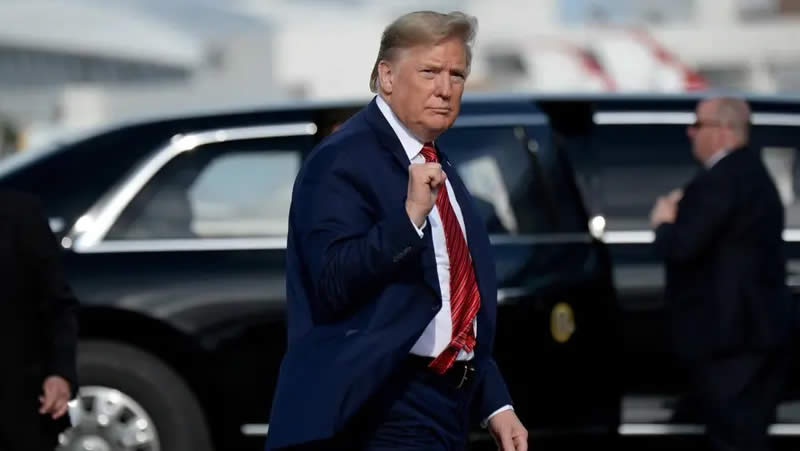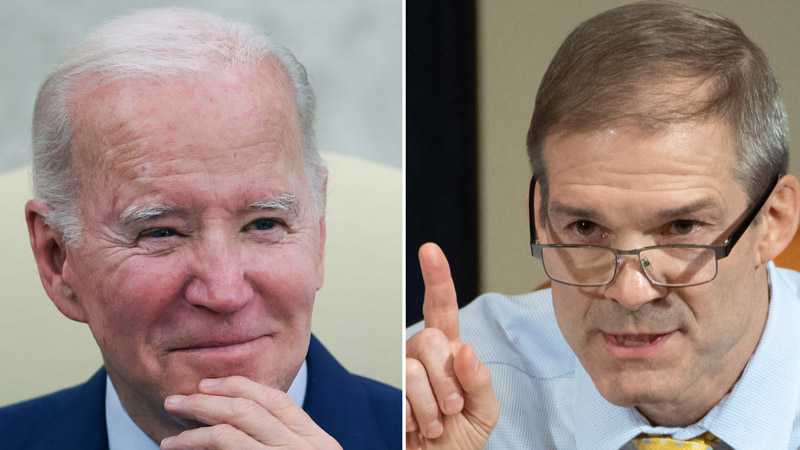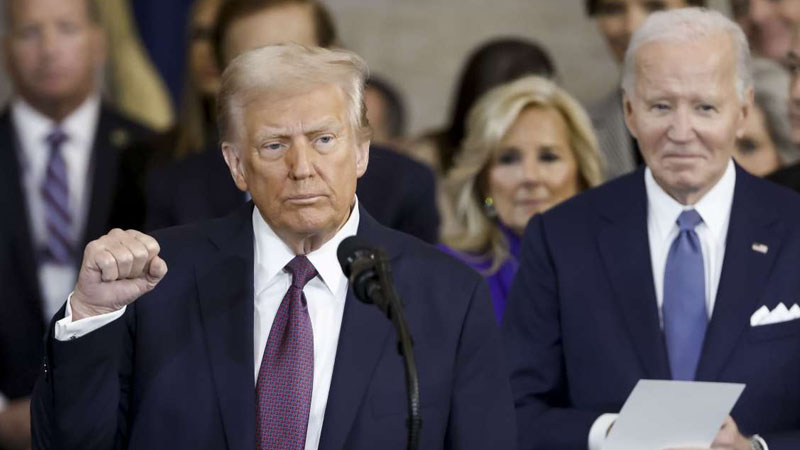Trump Faces Potential Loss of Iconic Tower Amid $454 Million Bond Decision in Fraud Case

(Photo: Reuters)
Donald Trump faces a critical decision regarding his financial obligations in the ongoing civil fraud case against him, with the possibility looming that his iconic Trump Tower could be seized if he fails to pay a staggering $454 million bond.
With the New York Attorney General, Letitia James, threatening to seize his assets, including the renowned Trump Tower, Trump finds himself in a challenging position to gather the necessary funds for the bond. Reports suggest that he is exploring various options, including potential bankruptcy filings or seeking assistance from his network of influential associates.
However, Trump’s legal team has acknowledged the daunting task of raising the required amount, citing that all of Trump’s assets are currently tied up. Moreover, experts warn that a bankruptcy filing could adversely impact Trump’s political aspirations for the 2024 election.
Another alternative under consideration is allowing Attorney General Letitia James to seize Trump’s bank accounts or properties, such as Trump Tower, which notably encompasses his personal penthouse residence, The New York Post reported.
Insiders suggest that Trump may be inclined towards this option under the belief that he can regain control of his assets through an appeal process, potentially escalating the case to the US Supreme Court. A source close to Trump emphasized that even if his assets are seized, there may be avenues for him to reclaim them later.
However, relinquishing control of his assets carries inherent risks. The Attorney General’s office retains the authority to sell seized assets to recover the owed funds. Legal experts emphasize that any potential recovery for Trump would be limited to monetary compensation rather than the return of seized properties.
Moreover, there are concerns that the protracted legal battle and potential asset seizures could have broader implications for business confidence in New York City. The uncertainty surrounding property values and investment prospects may deter future business ventures, thereby impacting the city’s economic stability.
While speculation abounds regarding Trump’s potential recourse, there is no indication that he has sought assistance from his affluent acquaintances. Sources suggest that Trump prefers to navigate his financial challenges independently, eschewing any perception of seeking sympathy or handouts.
As Trump weighs his options amidst mounting legal pressure, the outcome of his decision holds significant implications not only for his personal finances but also for the broader business landscape of New York City.


